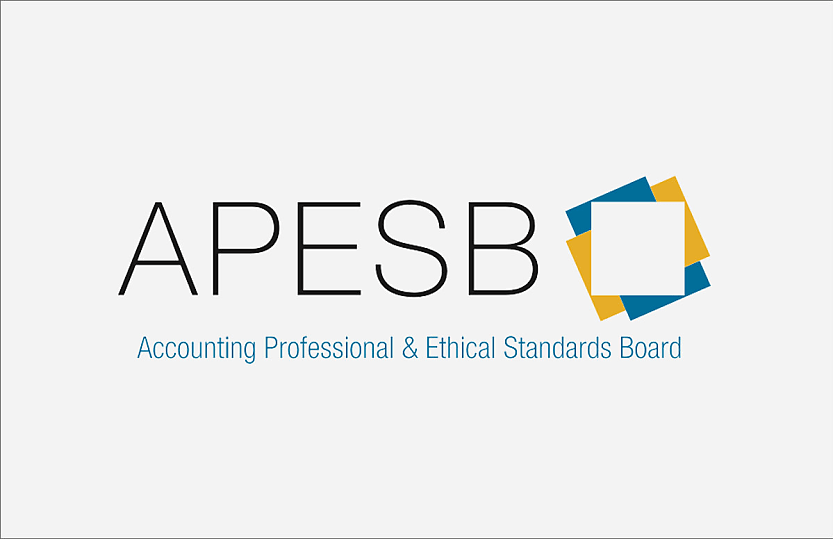APESB moves to further improve ethical sustainability standards

The board has introduced new ethical and independence requirements for sustainability reporting and assurance to guide accountants in these areas.
The Accounting Professional and Ethical Standards Board (APESB) has released a landmark amending standard to the APES 110 Code of Ethics for Professional Accountants (including independence standards) to establish revised ethical and independence requirements for sustainability reporting and assurance.
The new standard was set to provide “clear and robust” ethical principles and guidance for professional accountants engaged in sustainability reporting and assurance in Australia, including in relation to using the work of external reports.
The new requirements would take effect on 1 January 2026, however would have a later implementation date of 1 July 2028 for provisions related to the value chain components.
APESB said firms were encouraged to adopt the standards early, with transitional relief options available to help support the implementation process.
These new standards followed the implementation of mandatory climate-related financial disclosures and sustainability reporting, which came into effect on 1 January this year, and were modelled on the global ethics and independence standards issued by the International Ethics Standards Board for Accountants (IESBA).
Nancy Milne, APESB chair, said the release of the standards marked a major milestone in the evolution of professional ethics for sustainability reporting assurance.
“We’re proud to be the first jurisdiction globally to adopt the IESBA’s Ethics and Independence Standards for Sustainability Reporting and Assurance,” Milne said.
“With climate legislation in Australia mandating sustainability reporting and assurance, robust ethical standards must support this work to build public trust in sustainability information.”
“Compliance with these ethics and independence standards will contribute to the quality and effectiveness of sustainability reporting and assurance, thereby helping to ensure the credibility, transparency, and trustworthiness of sustainability information relied upon by the public, government, regulators and investors in Australia.”
According to APESB, the new standards would be a significant step forward in the response to public concerns surrounding greenwashing, as well as the risks to ethical behaviour around sustainability disclosures and assurance, the qualitative and forward-looking nature of the sustainability information, the complexity of climate-related reporting and the associated challenges of assuring sustainability information.
The standards would complete the sustainability standards infrastructure in Australia needed to unlock the goals of climate-related legislation and were “fully interoperable” with the Australian sustainability reporting standards S1 and S2 issued by the Australian Accounting Standards Board and the Australian Standard on Sustainability Assurance 5000 issued by the Australian Auditing and Assurance Standards Board.
Milne noted the standards would also introduce specific requirements for evaluating the use of the work of external experts as it would address their competence, capabilities and objectivity.
This was an essential consideration due to an increasing reliance on subject matter experts in areas such as greenhouse emissions and other emerging sustainability matters, she added.
“These new ethical standards form an important foundation for Australia’s sustainability reporting and assurance framework. APESB has acted promptly to ensure the standards are available in a timely manner, aligned with global best practice promulgated by the IESBA and Australian legislative requirements.”
“They provide clarity on the ethical and independence obligations of assurance practitioners and support the goal of delivering sustainability information that’s trustworthy, credible and useful for decision-making by investors.”
About the author

